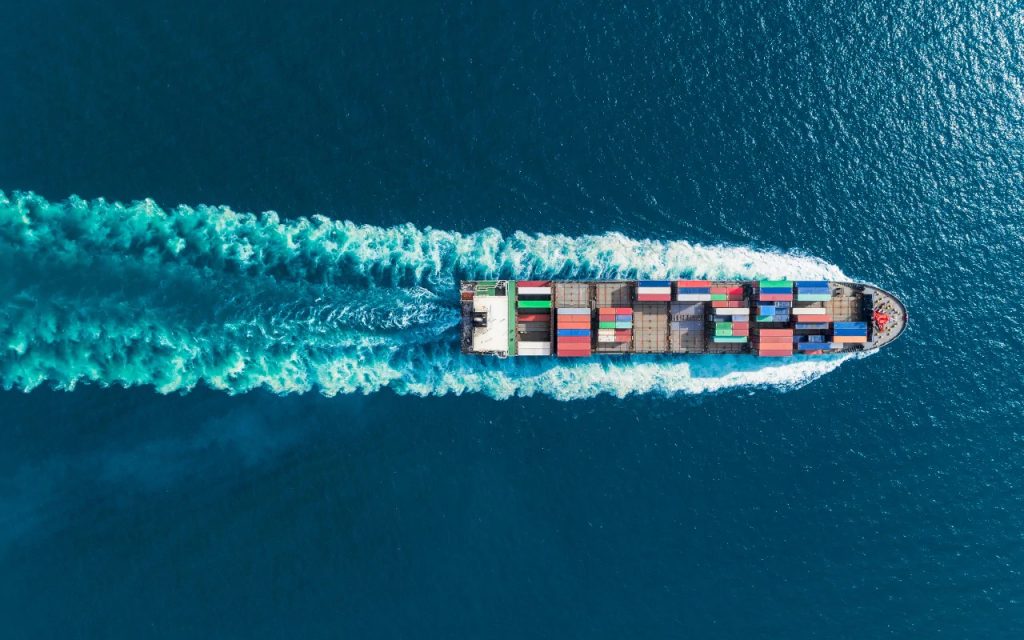
How well-planned medical logistics react quickly enough to help save lives
Medical logistics is a crucial component in times of crisis, as the speed and efficiency of supply chain management can mean the difference between life and death. The army, healthcare providers, and logistics companies work together to ensure that medical equipment and supplies are delivered quickly and accurately. These critical components must be managed with the utmost care, from the initial procurement to the final delivery.
When disaster strikes, as it did in Turkey, medical logistics teams spring into action, utilising their vast network of resources to quickly transport medical equipment, supplies, and specialists to the affected area. Every detail is considered, from the mode of transportation to the most efficient route. The goal is to ensure that medical aid reaches those in need as soon as possible.
Global distribution of medical supplies and equipment requires the coordination of various players, including freight services and medical suppliers. The logistics team must be in constant communication with medical specialists and healthcare providers to ensure that the correct equipment and supplies are delivered, and to monitor the delivery process from start to finish.
In times of crisis, medical logistics is a vital link between those in need and the care they require. From procurement to delivery, logistics is often a matter of life and death. If you need medical logistics services, contact us for more details on how we can help with your medical supply chain solutions.
How quickly medical logistics helped move tons of assistance for the 7 February 5.5 Earthquake in Türkiye.
In the aftermath of the 5.5 magnitude earthquake that shook Türkiye and the Syrian Arab Republic on February 7th, the World Health Organization sprang into action. Determined to help the 400,000 people affected by the disaster, WHO arranged for the transportation of 72 metric tons of critical health supplies to the affected regions.
The first charter flight, carrying 37 metric tons of life-saving medical supplies, took off for Türkiye on February 9th. The mission was to provide rapid support for the ongoing response efforts and ensure that the affected people received the necessary treatment and care. With the help of this first shipment, an estimated 100,000 people would receive life-saving medical attention.
The second flight, scheduled for February 10th, was expected to deliver 35 metric tons of supplies to the Syrian Arab Republic. These supplies were crucial to supporting 120,000 urgent surgical interventions and saving even more lives. A third flight was planned for February 12th, and it was expected to bring another 37 metric tons of emergency health supplies to the Syrian Arab Republic, reaching an additional 300,000 people.
All these supplies were sourced from the WHO Global Logistics Hub in the International Humanitarian City in Dubai, United Arab Emirates. With such a rapid response, WHO played a crucial role in providing lifesaving aid to those in need and helped to alleviate the suffering caused by the earthquake.
The Israeli Defense Forces (IDF) medical aid mission, Operation Olive Branch, had also begun in Turkey’s city of Kahramanmaras. The delegation assisted in reopening a local hospital which was abandoned after an earthquake and will be providing medical treatment to the injured. The mission comprises 140 doctors and nurses, along with a pharmacist, X-ray technician, laboratory technician, paramedics and medical logistics personnel. The hospital was supplied with medical devices and equipment from Israel.


